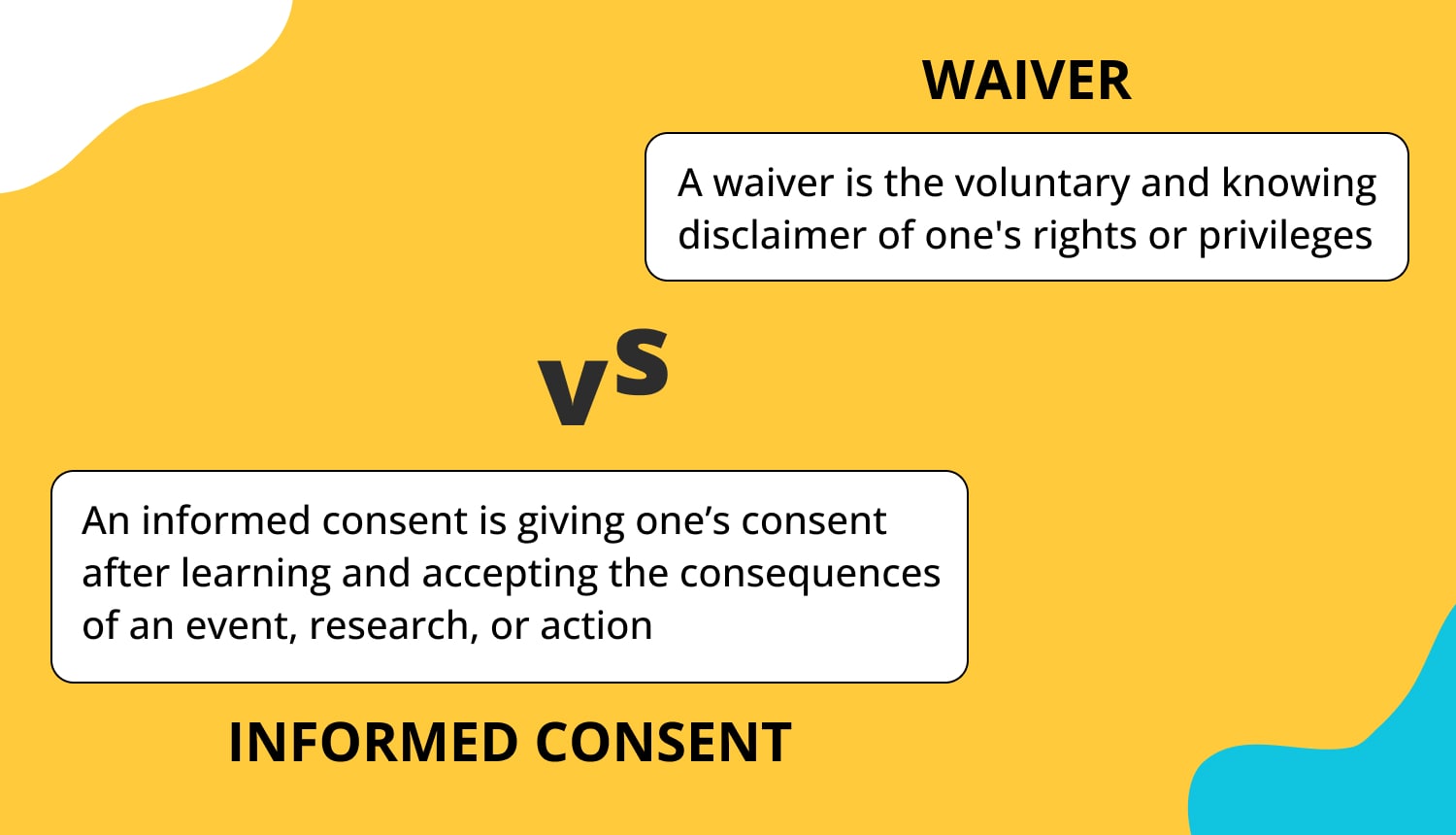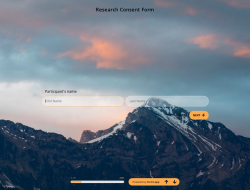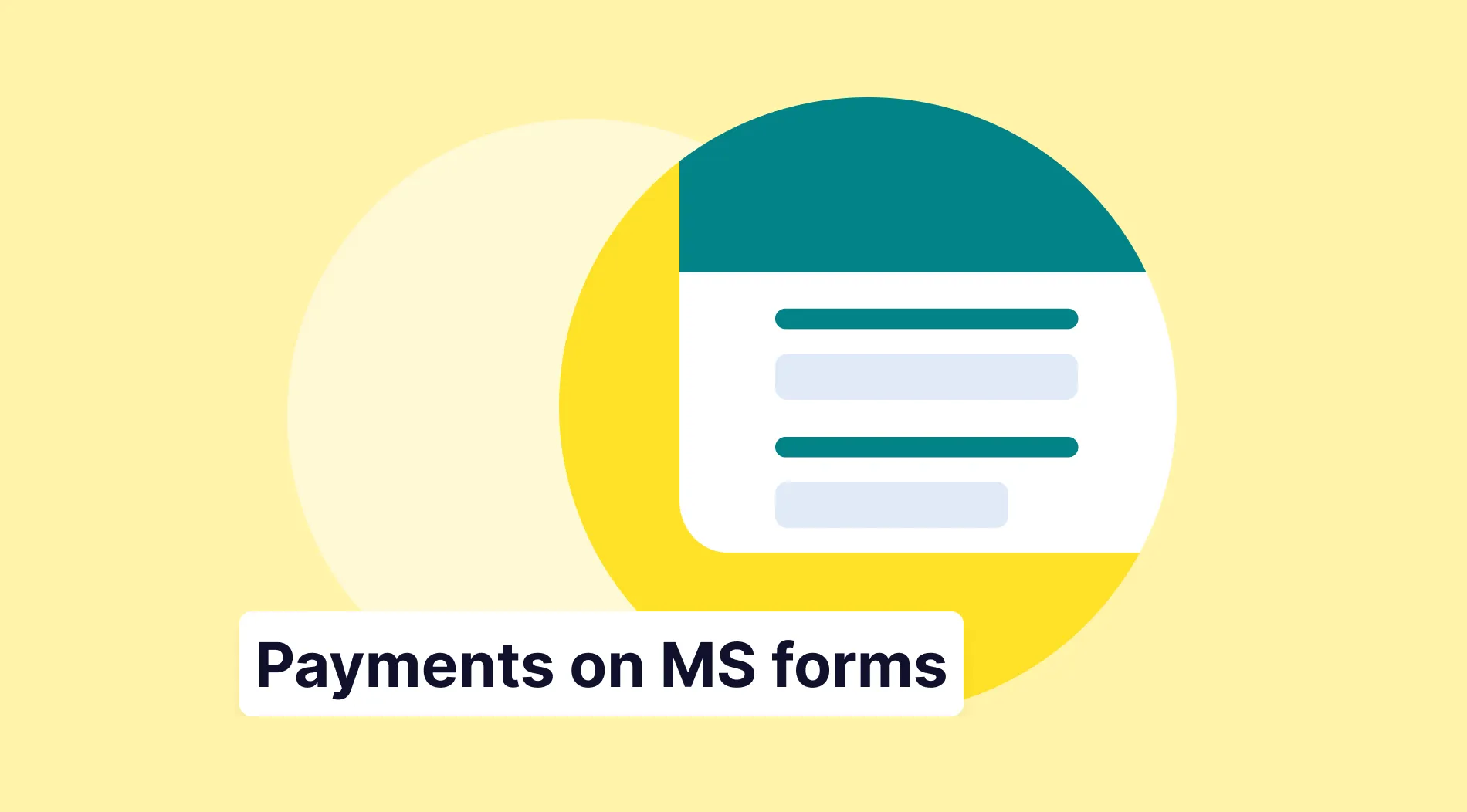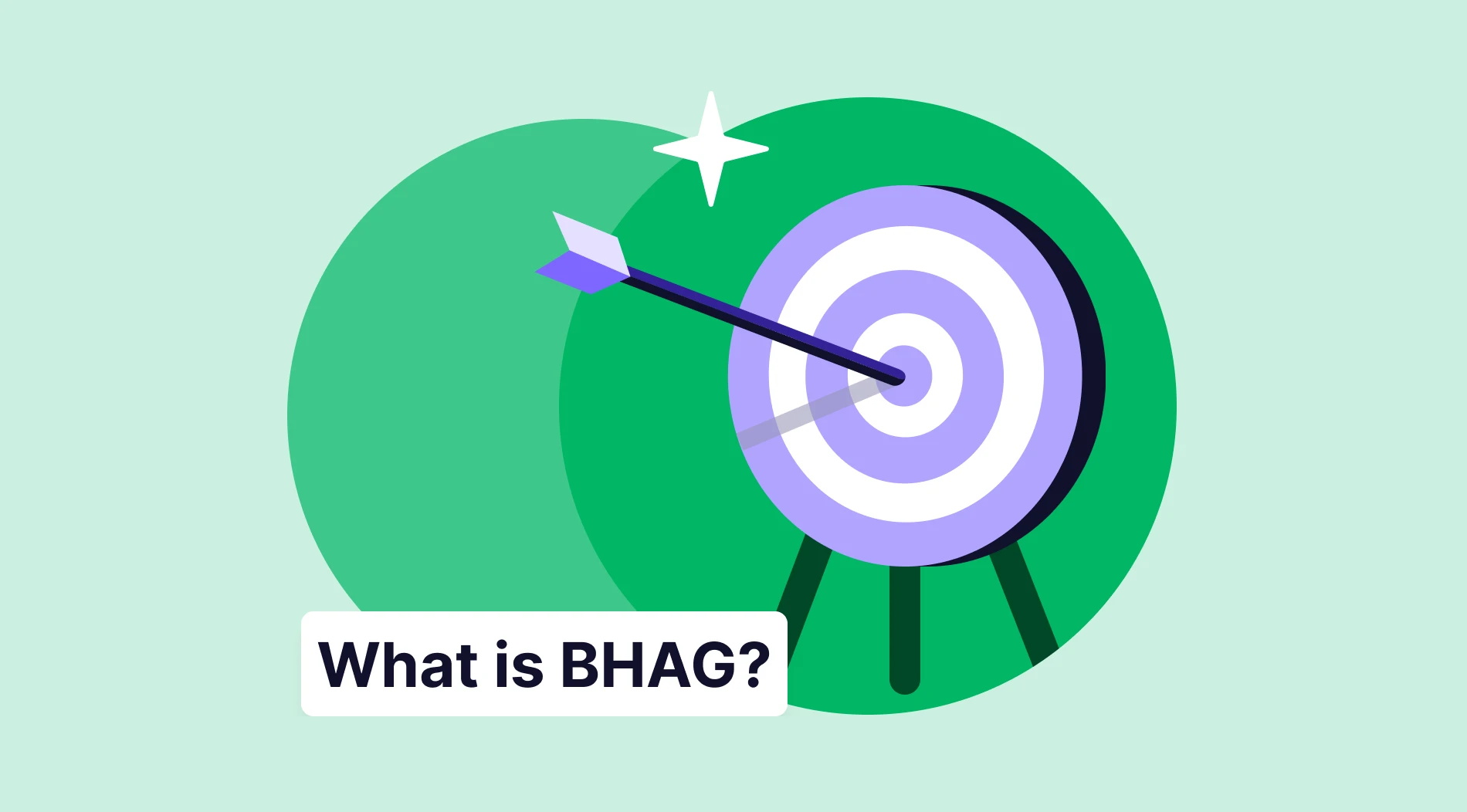With the digital world entering daily life, most people share their personal data with a different platform every day. The most crucial element is that you understand what can be done with this data you are sharing, whether you are doing so intentionally or unconsciously. In addition to these, it is your legal right to know where and for what purpose the data you provide will be used. As a result, in places that ask for your data, you should first read the information form and figure out what to do with it.
If the places that ask you for your private information are doing this without your permission, it is a crime. So that it is not considered a crime, a consent text must be prepared, and people should read it in a detailed way. After they have read and understood it completely, they can authorize the processing of their personal information if you have it on your agreement.
What is informed consent?
Informed consent basically is the person's learning and accepting the consequences of the information given. According to the European Commission, the informed consent text must be written, signed, and dated by the person concerned. If this consent is to be given verbally, one person must be present in the room as a witness. Additionally, although this text is often used in health matters, you can see the importance of informed consent in everyday life as well. These are some places where informed consent forms are used:
- Before risky surgeries
- Some risky activities (Extreme sports)
- Forms that request personal data
- Some medical procedures ( Radiation, chemotherapy)
- In psychological research
What is a waiver?
A waiver is the voluntary and knowing disclaimer of one's rights or privileges. By doing this, the person may avoid any rights or responsibilities he has. In addition, this waiver is generally formed between the two parties, and an agreement is made that no one will sue each other as a result of the work done. Furthermore, waiver forms can be on many different topics, and also online waiver forms have the same authority as written ones. Both are on the same legal ground after providing certain conditions. Here are some situations that require a waiver
- Parental rights: If you don't want to take responsibility for your child, you may benefit from this type of waiver.
- Avoiding liability: If you are a company owner, you can prevent the problems that may happen to your workers while working after you take all the precautions.
- Denial of inheritance: If you do not wish to accept your parents' legacy, you may waive this legal right.

Waiver vs. informed consent
What’s the difference between informed consent and waiver?
While informed consents and waivers are similar in purpose, there are a few details in which they differ from each other. First of all, the informed consent form, as the name suggests, is prepared to warn and inform the person about specific outcomes. As a result, signing or not signing the text is entirely up to the individual’s decision. However, there is something different in the waiver part. In this section, the person concerned signs this document to avoid his responsibilities or because he does not want to benefit from his rights knowingly and voluntarily.
Secondly, the risks or consequences are explained in detail in the waiver texts, and the person is expected to accept them knowingly in the "release" section. Likewise, informed consent forms mention risks but do not have a "release" part. For this reason, waivers before the law are more substantial and more critical than consent forms. Therefore, the main difference between them is that waiver voluntarily gives up the rights, while the informed consent forms question whether the person has consented to the relevant issue.
Is it possible to obtain consent online?
It is clear that things done without informed consent can have bad legal consequences. Therefore, informed consent is a form that has great importance. So, does obtaining online consent have the same legal basis as obtaining written consent? Or is it considered invalid? The answer to this question is yes.
Online consent is accepted in many countries around the world, especially in Europe and America. European Union states that a clear sign is needed to show that the person has given his consent. These signs can be electronic signatures or tick boxes. Now, with the developing technology, wet signatures and electronic signatures have the same legal basis and are valid.

Creating an informed consent form on forms.app
Do I have to ask for consent in my forms?
According to GDPR, you need some reason to store people's private information, like a legal obligation, public interest, or to save a life. In addition to these, the answer to the question of whether you need a consent form for a particular activity you participate in is quite obvious. If you are collecting personal data and you know who provided it, you should definitely create a consent form so you can continue your business without any legal problems.
How to create a consent form online
As one of the best form creators, forms.app offers you many qualities to create forms for free. When creating a consent form, you must first state that this activity is entirely voluntary. You should talk about the risks and disadvantages that may occur. Secondly, the language should be simple and not have hidden meanings. Lastly, you should remind that the person has the right to withdraw at any time.
Here is a quick tutorial on how to make an online consent form:
In addition, since you will create the consent form online, you should not forget to use the necessary features like an digital signature for the form to be legally valid. These are the instructions you can use when creating a consent form in forms.app:
- First, you need to find a consent form template you need from the forms section.
- You can also prepare the form yourself from the start or simply edit form fields after selecting a sample
- You can give a better look to the form with the help of themes.
- Finally, take advantage of the features that forms.app offers you to make your form more valid. These are:
- Terms and Conditions: With this field, you can share the terms&conditions text that you have created before, and with the help of checkboxes, you can obtain user permission. Moreover, by using this field, you can instruct users on processing procedures, cookie usage, and privacy policies.
- Electronic Signature: You can make the consent form legally binding by adding a signature field to your form. Signing online will be convenient for both form responders and you.
You can further customize the consent form you have prepared by using all these features. This will give extra assurance and comfort to those who fill out the form. Apart from these instructions, we have another article called ultimate guide to consent forms that will instruct you in more detail. Moreover, if you don't have much time to create the form, forms.app has lots of ready-made templates. Here are some examples you can use on forms.app:






